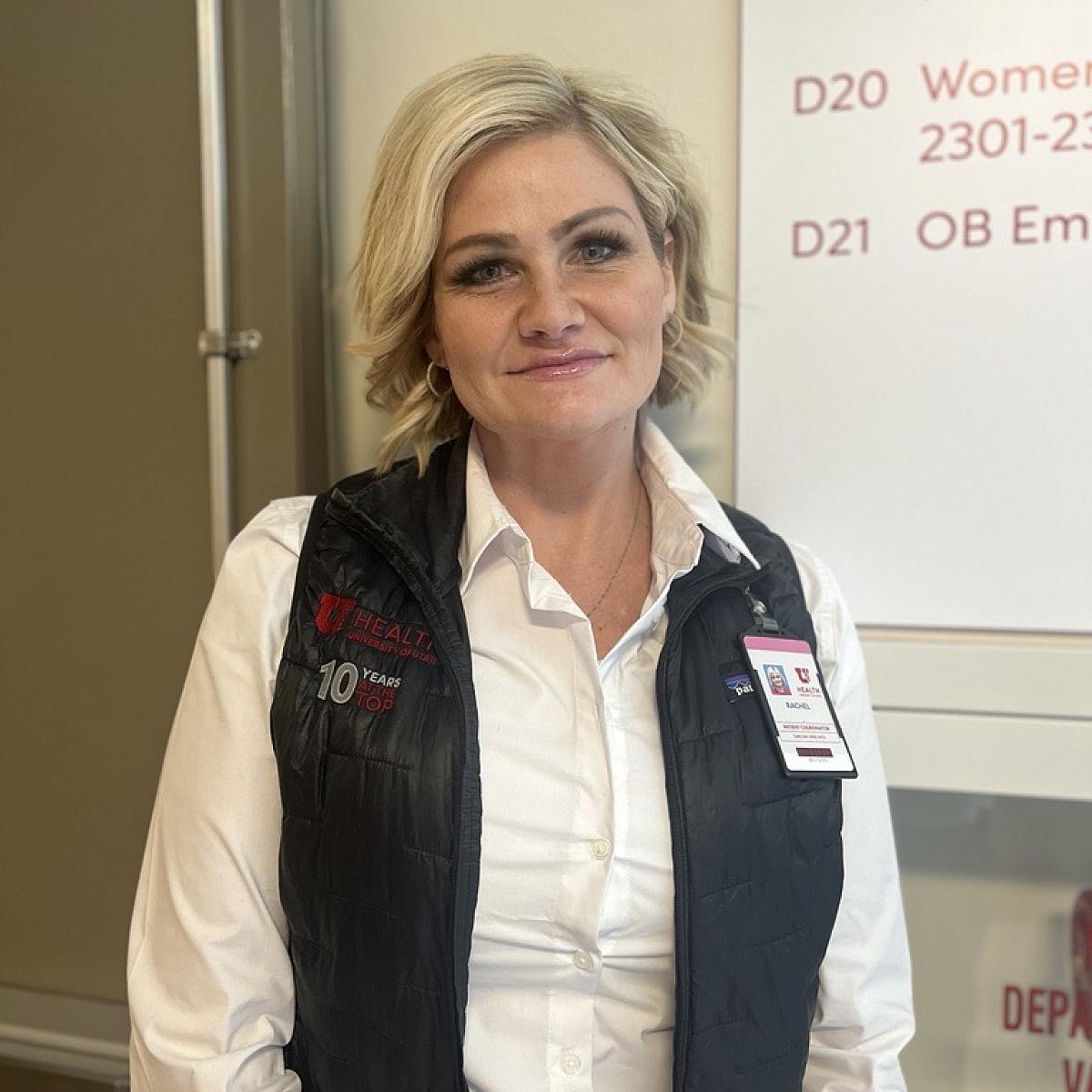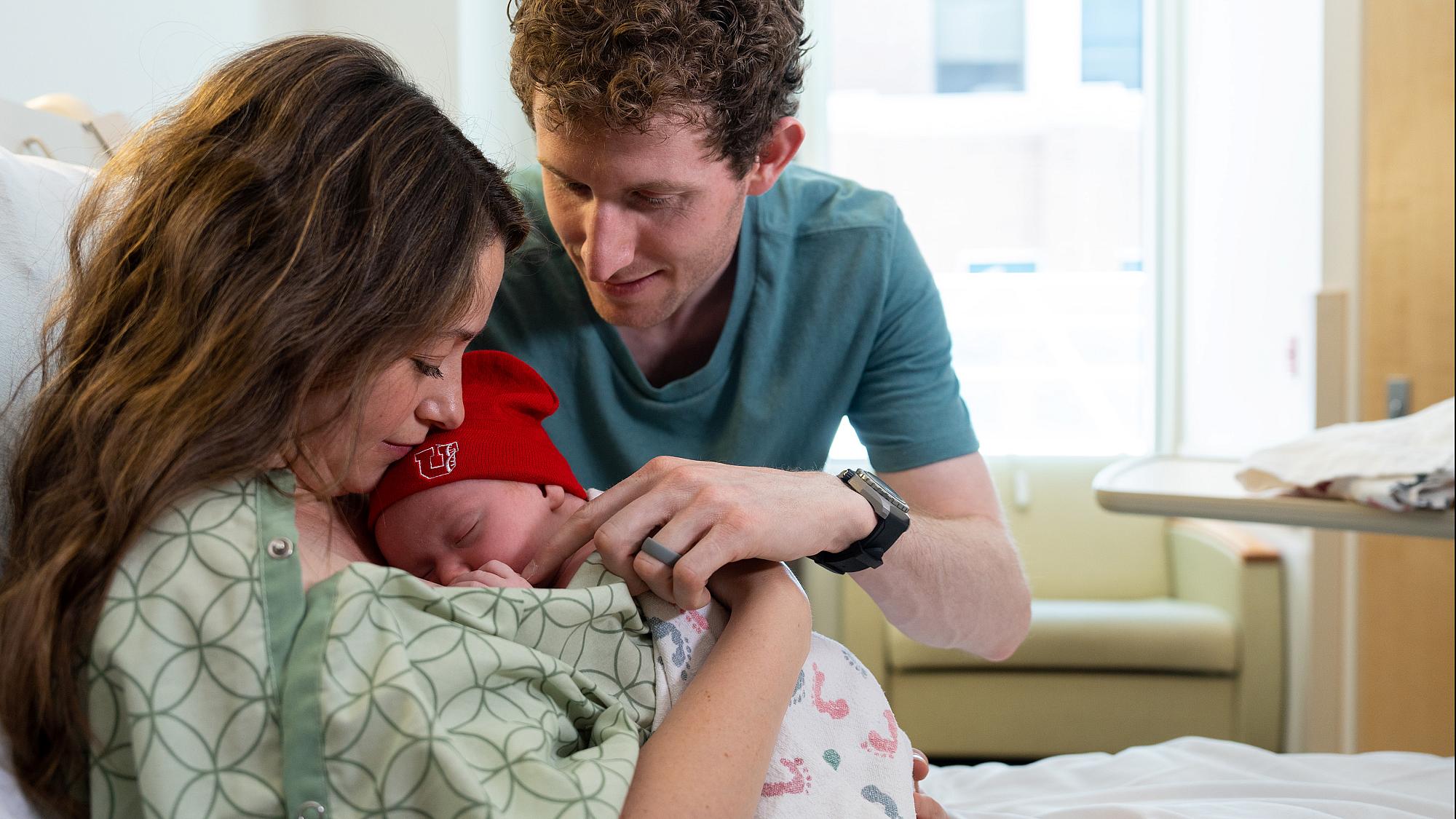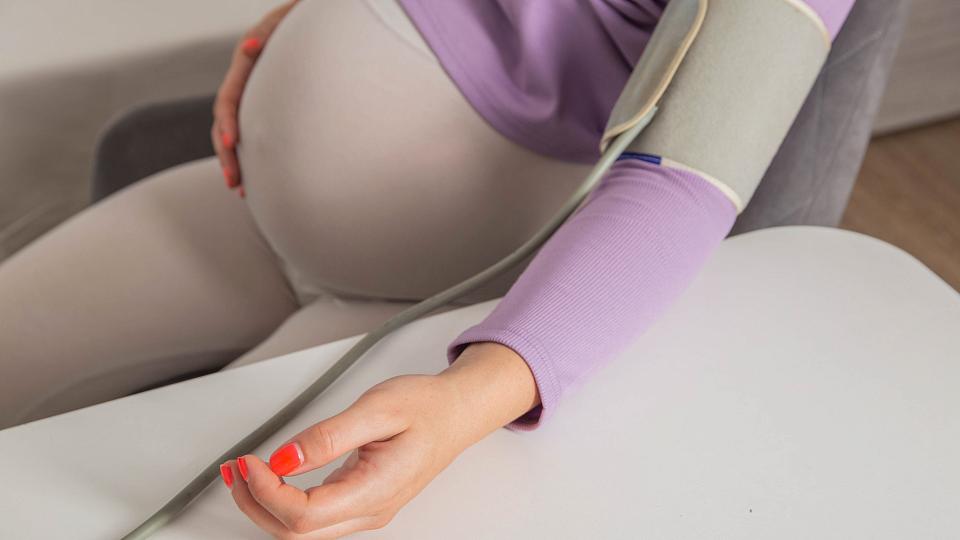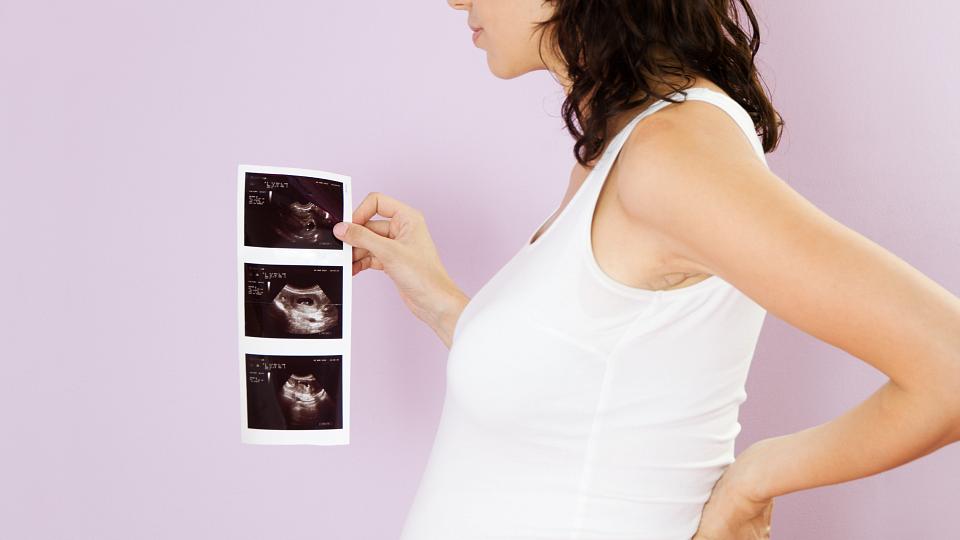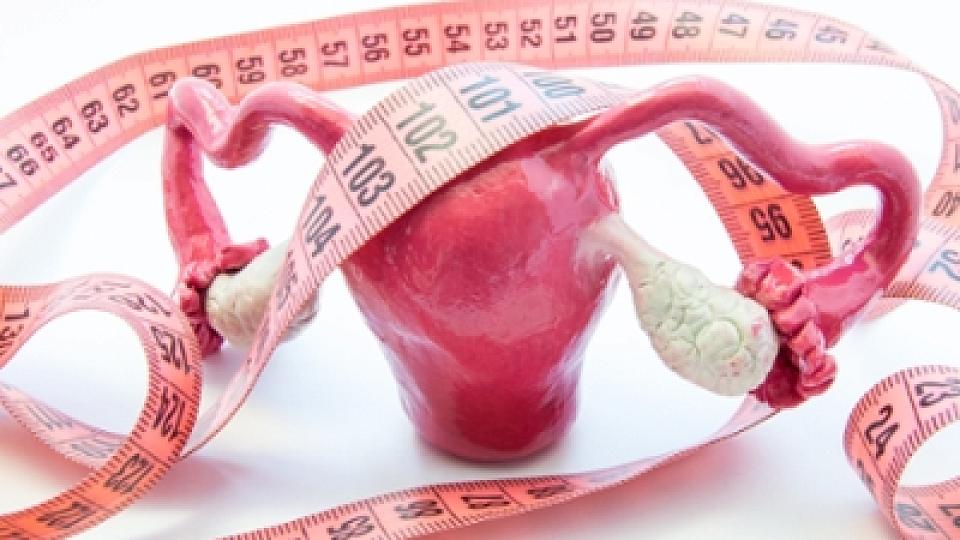What Is High-Risk Pregnancy?
For many women, finding out they’re pregnant is one of the happiest moments of their lives. But learning you have a high-risk pregnancy can instantly replace your newfound joy with anxiety, worry, and fear.
Before you panic, be sure to learn the facts about high-risk pregnancy and what you can do to make your pregnancy safer and healthier. Making an appointment with a maternal-fetal medicine specialist can also dramatically reduce the chances your baby will have serious health problems.
Find a Maternal Fetal Medicine Specialist
How Do You Know if Your Pregnancy Is High Risk?
A high-risk pregnancy is any pregnancy where the mother’s life or health is in danger, or where the fetus’ life or health is in danger. Health conditions, lifestyle behaviors, and even the mother’s age can increase a woman’s chances of having a high-risk pregnancy.
How do you know if your pregnancy is high risk? Doctors use many factors to decide. Some reasons a doctor may consider your pregnancy to be riskier than other pregnancies include:
- Health problems BEFORE pregnancy. These can include chronic conditions like diabetes, obesity, or kidney disease or autoimmune diseases like lupus or multiple sclerosis. These diseases can make it difficult to get pregnant. Women who have them are also more likely to miscarry.
- Health problems DURING pregnancy. Some pregnant women develop a condition called preeclampsia. This is when the mother has high blood pressure that goes untreated. Over time, high blood pressure reduces the blood supply that a fetus needs, delivering less oxygen and nutrients to your growing baby.
- Health problems in a growing baby. These can include genetic conditions that doctors diagnose in the womb, usually using an amniocentesis. (An amniocentesis examines a tiny amount of the fluid in your uterus that surrounds and protects your baby). This test can detect chromosomal disorders like Down syndrome or Trisomy 21. It can also find problems in a fetus’s brain and spinal cord.
- Problems during labor and delivery. These include giving birth to a preemie during preterm labor and preterm birth.
- Multiple births: twins, triplets, or more. Doctors call this type of pregnancy multiple gestation. Being pregnant with more than one fetus increases the odds you’ll give birth to preemies.
- Recurring pregnancy loss or miscarriage. Recurring pregnancy loss is when you have three or more miscarriages, one right after the other.
What Percentage of Pregnant Women Are High Risk?
Fortunately, most women will have normal, healthy pregnancies. Each year, only six to eight percent of women have high-risk.
What Age Is High Risk to Have a Baby?
Most doctors consider getting pregnant after age 35 to be high risk. First-time mothers who are older than 35 have a higher chance of certain problems during their pregnancy. These include:
- having problems during labor, like heavy bleeding,
- having a cesarean section or C-section,
- being in labor longer than 20 hours,
- having labor that stops on its own,
- and giving birth to a baby with a genetic disorder like Down syndrome.
But, just because you’re older than 35 doesn’t mean you can’t—or shouldn’t—get pregnant. Instead, know your risks and learn how to make lifestyle changes to increase the chances your baby will be healthy. Maternal-fetal medicine specialists work with women over 35 to increase their chance of having a healthy baby. Specialists may prescribe certain medications like steroid hormones.
What Can I Do to Have a Healthy Baby After Age 35?
Pregnant women over 35 face increased chances of certain health problems during their pregnancy. If you’re a first-time mom older than 35, work with a maternal-fetal medicine specialist to change some lifestyle behaviors that may put your pregnancy at risk. This can include:
- controlling your diet and limiting sugar so you don’t develop gestational diabetes,
- monitoring your blood pressure so you don’t develop preeclampsia,
- and quitting marijuana, cigarettes, and alcohol. First-time moms over 35 already have a higher chance of giving birth to a baby with low birth weight. But these drugs can increase the chances that your baby will be a preemie.
High-Risk Teen Pregnancy
When we think about unsafe ages to give birth, most of us only think about women who are older than 35. But many pregnant teens also have high-risk pregnancies.
For example, pregnant teenagers have a higher chance of giving birth to a preemie (preterm birth) than older moms do. Teenagers also have a higher chance of developing high blood pressure and anemia. Many teens don’t get the pregnancy care they need to make sure their baby stays healthy in the womb.
Some teens also don’t know what medications they can safely use and that drugs can harm a developing fetus.
What Can I Do to Increase My Odds of Having a Healthy Pregnancy?
No matter your age or what health conditions you have, you can do these things to increase your chances of having a healthy baby:
- eat healthy foods and exercise;
- give up marijuana, alcohol, and cigarettes;
- and make an appointment with a maternal-fetal medicine specialist so they can monitor your health and your baby’s health.
Lastly, be sure to make an appointment early in your pregnancy with a doctor who specializes in high-risk pregnancy, like a maternal-fetal medicine specialist. Specialized treatment and care can put you on the right track for a healthier—and less risky—pregnancy.
Sources: Eunice Kennedy Shriver National Institute of Child Health & Human Development, National Institutes of Health
Meet Our Patients
A Journey of Resilience and Hope: From Motherhood to Patient Coordinator
Rachel Harbert wanted to start a family, but her path to pregnancy tested her resilience. After five years of fertility treatments, she conceived twins, a boy and a girl. Her son Preston was born prematurely at 27 weeks.
Resources & Programs for Parents-to-Be
Early Pregnancy Assessment Clinic
The first trimester can be an exciting, confusing, and overwhelming experience. Our Early Pregnancy Care team providers offer comprehensive, non-judgmental early pregnancy care.
Utah Pregnancy After Loss Program
The Utah Pregnancy After Loss Program is designed specifically to support families after a pregnancy loss, newborn death, or severely complicated pregnancy.
UPWARD: Utah Peripartum Pelvic Floor Wellness and Recovery After Delivery Program
Many pregnant mothers have pelvic floor symptoms before and up to 12 months following birth. UPWARD offers expert care to women experiencing pelvic floor issues during a vulnerable time.
YoMingo®: Prenatal Education on the Go
U of U Health offers anytime, anywhere education for expectant mothers through YoMingo®, with all the tools and support you need at every stage of your pregnancy. Find information on prenatal care, labor & birth, postpartum, breastfeeding, and newborn care.
Perinatal Education
Childbearing is an exciting time of growth, change, and personal choices for you and your family. To help you prepare, we offer perinatal education on a variety of subjects related to your pregnancy.
Choosing a Hospital or Birthing Space
It's never too early to begin thinking about the birthing process (if those words can even begin to express the life-changing experience you are about to have). Here are some things to consider.


